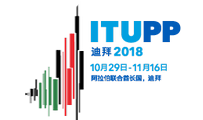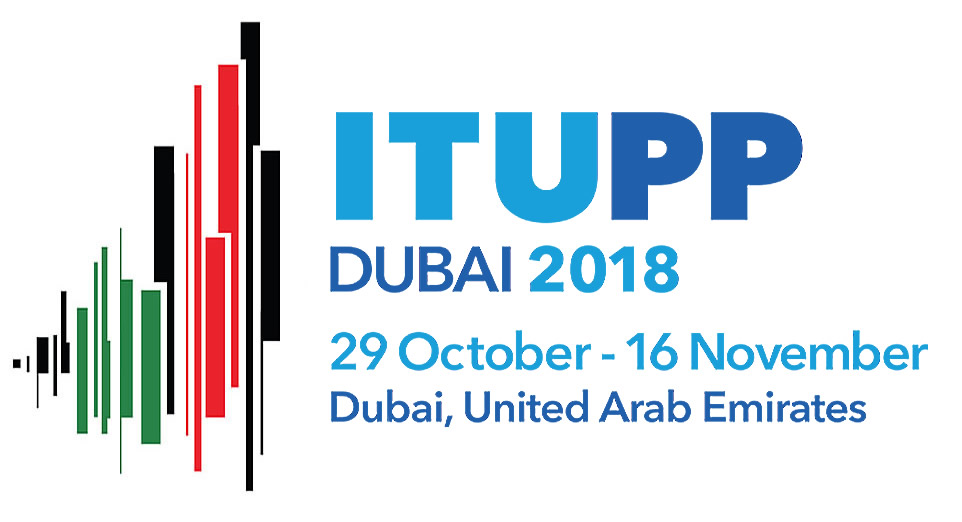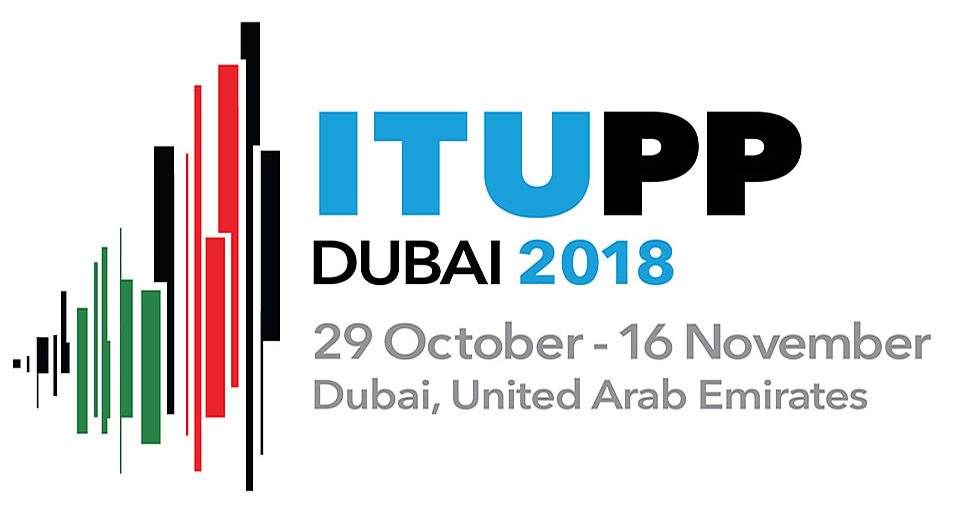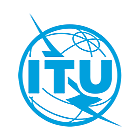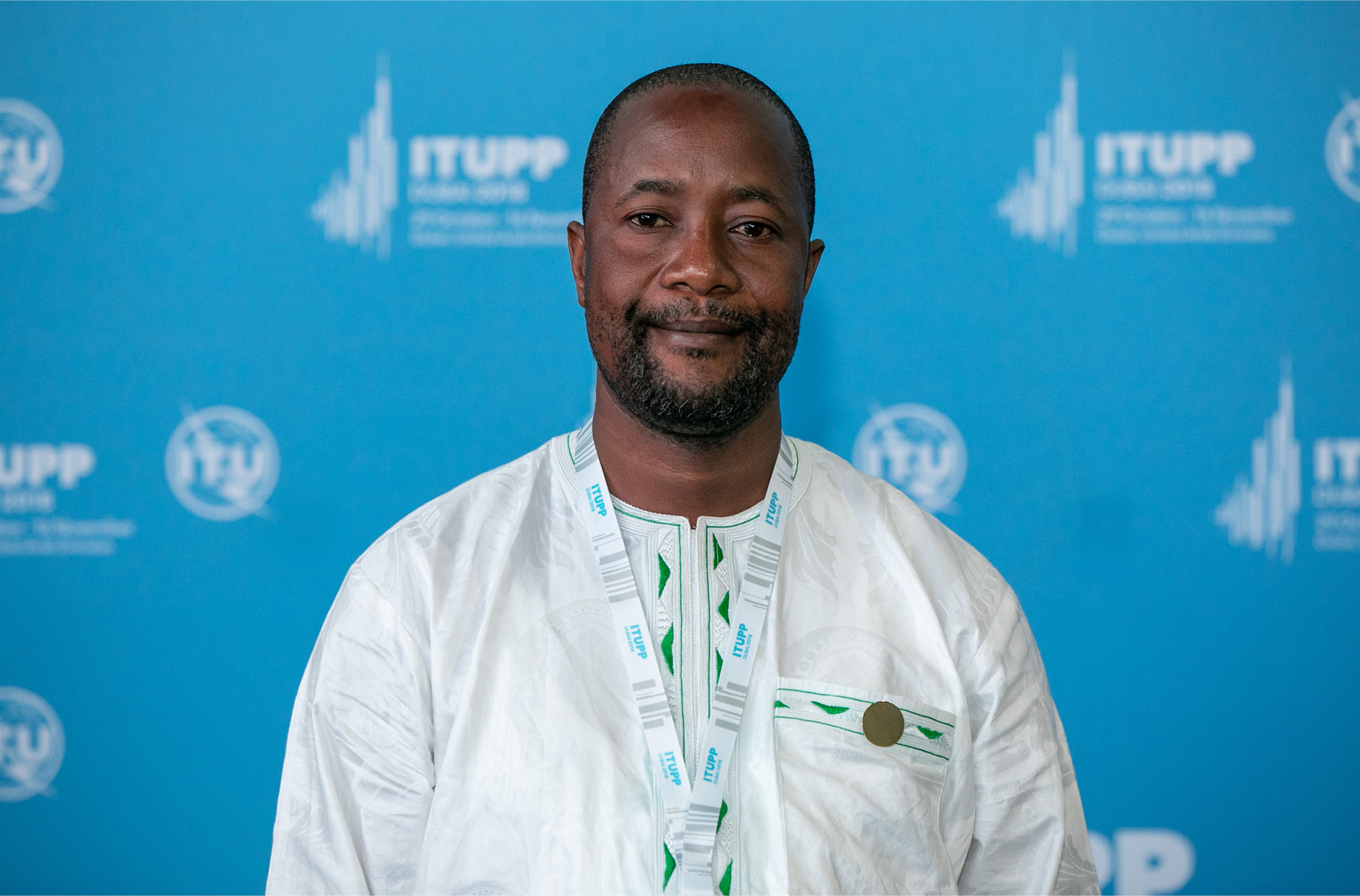His Highness, President of this august body, Prime Minister of the UAE and Ruler of the Emirate of Dubai, Sheikh Mohammed bin Rashid Al Maktoum,
Mr. Houlin Zhao, Secretary General, The International Telecommunications Union (ITU),
Directors of the various ITU Bureaus
Your Excellences, Colleague Ministers of ICT from ITU Member States
H.E. Talal Humaid Belhoul, Chairman of the Board of Directors of the UAE Telecommunications Regulatory Authority (TRA),
Council Members and Experts from various industries
Distinguished Guests and Delegates
Ladies and Gentlemen
I bring you fraternal greetings and good will messages from His Excellency the President of the Republic of Sierra Leone, Rtd. Brigadier Julius Maada Bio, the government and people of Sierra Leone. Allow me to personally express my gratitude to His Highness and the people of the Emirate of Dubai for their warm hospitality accorded me and my delegation since our arrival. I also wish to commend the ITU for the choice of this year’s theme, ‘‘work as one’ to advance power of ‘Tech for Good’’, a topic that could not have been more relevant especially at such a time when ICT has become an integral part of our modern life, affecting various aspects of our day-to-day activities, empowering people and communities. for us as a new government and a thriving nation, it is an opportune time to make new contacts and discuss problems of mutual interest with delegates from member countries present.
Your Highness, Ladies and Gentlemen, in the past Diamonds, Gold and other Natural Resources were used to determine our economic future, but today, we live in a Digital World that is powered by broadband, whether it is fiber-optic cables, Digital Subscriber Line (DSL) in our homes or mobile devices in our pockets. we recognized the development opportunities and challenges of this emerging world powered by the innovate tools of ICT. Our administration in the New Direction agenda is adopting a paradigm shift in strategy to enhance socio-economic development. Thus, the key priority of the New Direction is to take advantage of the country’s youthful population to derive maximum benefit from the demographic dividend. Hence the focus, is on human capital development which will provide opportunities for citizens to realize their innate potentials. The strategy to accomplish this is to leapfrog development from the current structural imbalance to service sector through ICTs. It is therefore our vision to leverage on its innovative powers to transform other sectors of our economy to push our national development goals.
Your Highness, Ladies and Gentlemen, the new administration in fulfilling one of its campaign promise recently launched one of the most ambitious programs since independence, the free quality basic and secondary education. The launch of this phenomenal programme has seen increased access to education in pre-primary, primary, and secondary levels. Government applauds this increase, but equally committed to quality. This has created huge demand on the access side and raise the issue of quality. We therefore recognise the key role that ICT can play in widening access to education to a greater section of the population, for facilitating quality educational delivery and training at all levels. The government has acknowledged the need for ICT training and education in schools, colleges and universities and the improvement of the educational system as a whole. Proficiency in ICT skills is still relatively low among ICT professionals and the general populace. This translates to a skills gap that in turn signposts untapped benefits that ICT could potentially deliver to Sierra Leone’s socio-economic development. Therefore, continual strengthening of ICT human capital will be accorded the highest priority. The creation of the Directorate of Science, Technology and Innovation is an expression of President Bio’s pledged commitment towards enhancing human capacity development and to create the enabling environment for innovation and entrepreneurship.
Your Highness, Ladies and Gentlemen, you will agree with me that the growth and development of the ICT sector requires a stable and predictable Policy, legal and regulatory framework that ensures a competitive environment for the development and provision of ICT services such as broadband. My Ministry, which is charged with all ICT and Telecoms related activities is in the process of reviewing the National ICT Policy to create an all inclusive policy framework for Sierra Leone’s participation in the global digital economy. This policy will also put in place appropriate institutional, regulatory and legal framework that should effectively support successful deployment and utilization of ICT in all sectors of the economy. To ensure a stable ICT sector, my Ministry in partnership with sector players is currently reviewing the existing 2006 Telecommunications Act (as amended) to speak to emerging trends in the sector such as Privacy and Data protection, Cyber Security, Electronic transactions, infrastructure sharing, Numbering system, etc. Our government will welcome any meaningful support towards those critical areas.
Your Highness, Ladies and Gentlemen, Sierra Leone is experiencing a gradual uptake of ICT services through a combination of GSM and CDMA Operators. As of 2017, mobile penetration has increased from 62% in 2013 to 73.4%. Moreover, the internet penetration has increased from 6% to 20% (mobile data) within this same time frame. It can be emphasized that there is some amount of coverage in all chiefdoms of the country for basic telephony services. 3G mobile data coverage is limited to the capital city, the four other urban settlements of Bo, Kenema, Makeni and Koidu with spotted availabilities in some of the twelve districts headquarter towns. This gradual increase can be attributed to the landing of the Africa Coast to Europe (ACE) submarine fibre cable and the investment in the terrestrial fibre networks spanning almost 60% of the population centres.
Your Highness, Ladies and Gentlemen, permit me to note that even with the significant strides and efforts towards reforming the ICT sector, there are challenges still persist in dealing with the high cost and poor quality of ICT/Telecom services, as well as connecting the remaining unconnected areas. There is also the issue of National Fibre backbone passing through only some of our Major District headquarter towns without an access networks to provide the last mile solution (services). There is also no District Metro Fibre ring to improve ease of access to ICT/Telecom services by the citizens as part of Sierra Leone’s evolution to a digital economy. Which is why as a government we are strategically engaging partners in the following areas:
- Completing the terrestrial backbone and building other appropriate ICT infrastructure such as
- Design and rollout of a National Metro Fibre ring for our Major Cities to improve access to ICT/Telecom services
- Design and implement National Data Centre (cloud computing) to host all Government critical Data
- Extend the Government Common Wide Area Data Network to Local Councils and remaining districts
- Adoption of sustainable and cost effect solutions for rural connectivity.
- Design and rollout of a national Digital terrestrial platform for digital broadcasting in fulfilment of our ITU commitment from Analogue to digital migration.
The implementation of these project will deliver a long-term contribution such as minimising the cost of access to ICT services and hence widening the geographic scope of access to ICT/Telecom services, create new ICT related SMEs, deepen regional and National Socio-Economic integration, and support economic growth.
Your Highness, Ladies and Gentlemen, As I conclude, allow me to express our sincere gratitude to the Board and management of ITU for its continued support to Sierra Leone in the areas of capacity building and other related areas. We are especially thankful of the recent support in reviewing our Cyber security capabilities through the Oxford management. Our Government is fully committed to working with ITU and has pledged to pay all outstanding commitment to the ITU. I also want to take this opportunity to implore all present here to take advantage of this forum to increase our knowledge, exchange views and seek partnerships that can improve our individual models for the implementation of our collective goals in our respective countries. As we discuss the development and roll out of ICT services in our respective countries, let us also not lose sight of the emerging challenges it has brought on us, especially those arising from the growing complexity within the cyberspace which possess the biggest threat to our national securities ranging from use of mobile phones to organize crime or using the Internet to coordinate terrorist activities etc. we pledge our unwavering commitments to working with our partners in fighting these crimes.
Thank you all for your attention.
